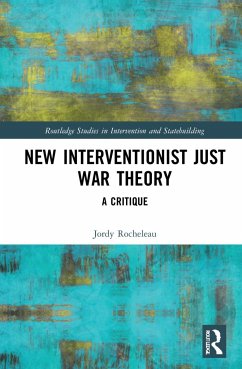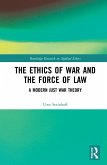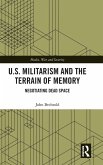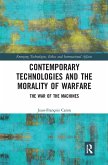This book offers a systematic critique of recent interventionist just war theories, which have made the recourse to force easier to justify.
The work argues that these theories, including neo-traditionalist prerogatives to national leaders and a cosmopolitan human rights paradigm, offer criteria for war that are insufficient in principle and dangerous in practice. Drawing on a plurality of moral considerations, the book recommends a modified legalist national defense paradigm, which includes an atrocity threshold for humanitarian intervention and a legitimate authorization requirement. The plausibility of this restrictive framework is applied to case studies, including the long wars in Iraq and Afghanistan, ongoing targeted killing, and possible interventions in Syria and elsewhere. Various arguments which seek to loosen the criteria for war are also systematically analyzed and criticized.
This book will be of much interest to students of just war theory, military history, ethics, political philosophy, and international relations.
The work argues that these theories, including neo-traditionalist prerogatives to national leaders and a cosmopolitan human rights paradigm, offer criteria for war that are insufficient in principle and dangerous in practice. Drawing on a plurality of moral considerations, the book recommends a modified legalist national defense paradigm, which includes an atrocity threshold for humanitarian intervention and a legitimate authorization requirement. The plausibility of this restrictive framework is applied to case studies, including the long wars in Iraq and Afghanistan, ongoing targeted killing, and possible interventions in Syria and elsewhere. Various arguments which seek to loosen the criteria for war are also systematically analyzed and criticized.
This book will be of much interest to students of just war theory, military history, ethics, political philosophy, and international relations.








